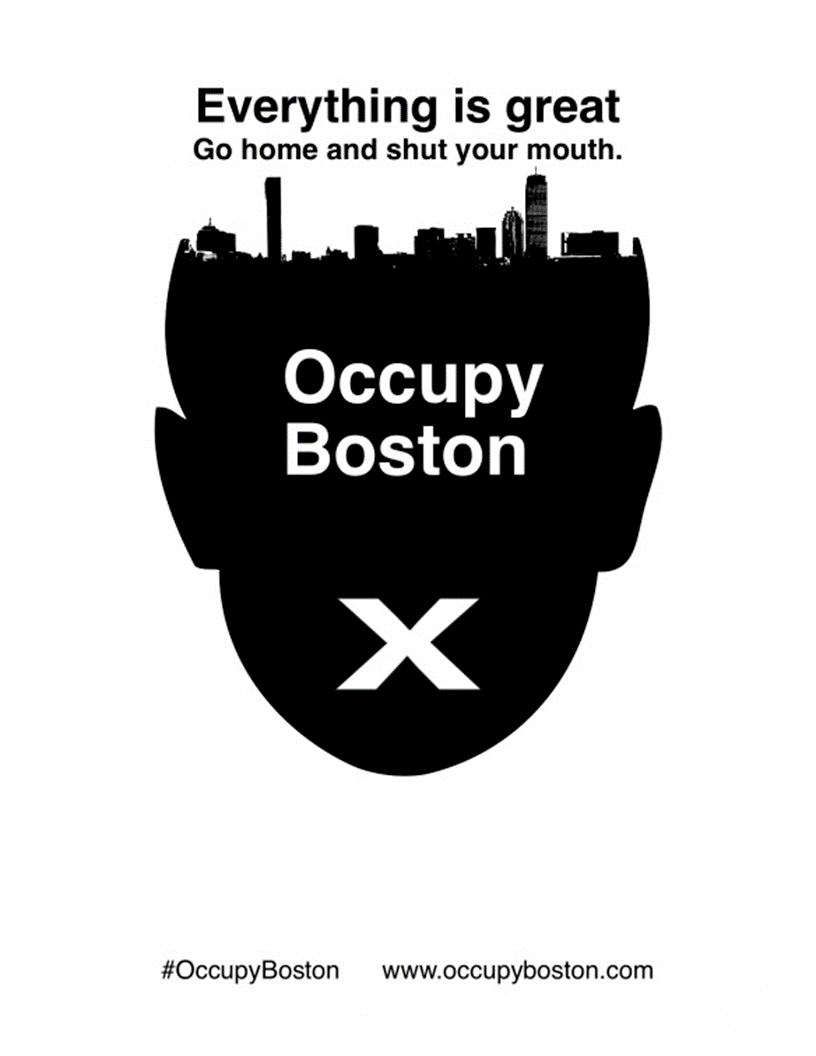In final weeks of the 2008 election, then-candidate Obama launched a viral campaign that posed a simple question to the ardent faithful in the choir: Have you had The Talk with your parents? Pulling on the idealism of a decidedly young base (not to mention some heavy-artillery starpower from a grandma-visiting Natalie Portman), the Change We Can Believe In team issued a bold challenge for supporters to risk dinner table awkwardness and “come out” to their families about voting for Obama. Within a week progressive machine MoveOn.org released its own mock PSA featuring the cast of Gossip Girl begging viewers to remind their parents that “voting Republican, even once, can have disastrous effects that last for years.”
I remember feeling intensely conflicted when first hearing these missionary calls three years ago as a virgin voter freshly transplanted from Arizona to the East Coast. Having been squarely put off my own Senator McCain by his choice of running mate, I hardly relished the thought of rocking any family boats by broadcasting my decision. Rejecting Natalie’s mantle, I planned to steer all calls home away from political waters, naively assuming that the single foremost topic of the times might be avoided without raising some left-of-center flags.
And I nearly did it, too. But two weeks from Election Day, proud that I had squeaked thus far entirely below the radar, I slipped up my act while on the phone with Dad. Although I no longer remember my exact comment or any of the conversation that preceded it, I suddenly and without warning found myself sputtering to explain my position, backpedaling in vain all the while knowing my fence-sitting jig was up. “It’s clear I’m not going to change your mind,” my father sighed, and then he changed the subject.
It is by far one of the most cowardly and disrespectful things I have ever done. Far from paying my parents and family, who taught me to exercise critical judgment and build informed opinions, the simple honesty of openly airing my thoughts on the election, I hid behind small talk and mumbled responses. While most of my resistance to baring my ballot came from my own nagging qualms regarding Obama, in my misguided efforts to avoid conflict I robbed both myself and my family of any chance to sift through the mire like informed adults. Subterfuge made for a needlessly dramatic and defensive revelation.

To my fellow students and peers who have joined the ranks of the Occupy Together movement, whether in Boston or in dozens of other cities across the country, I now pose the same question: Have you told your parents, your family and friends? To march and demonstrate and voice your beliefs in solidarity with thousands requires a particular kind of courage. To break the anonymity of mass action and talk to the people around you, to expose yourself to questions and criticism from those whose views you admire, this requires ballsiness of another kind. And both are incredibly vital.
Much has been said of the various occupations, quite a lot of it centering on the perception that the movement lacks focus, that its wide-eyed, naive, unreflective and unseasoned perpetrators know not what they do or why they do it. Even of the Occupy Wall Street and Occupy Chicago branches, both of which have released rather concrete (if scattered) lists of proposed demands (click here for Wall Street’s list, here for Chicago’s), critics continue to suggest that demonstrators lack a clear vision or coherent objectives. Increased media coverage has gone a long way toward broadcasting the core messages of Occupy Boston and of its constituent groups, but for a decentralized movement to have legitimacy and transparency, sound bites and media spokespeople are poor stand-ins for spreading the good word by mouth. And it should start close to home.
So, here goes. Mom and Dad (and the rest of my family, friends and coworkers who might have made it this far) — I see so many things wrong with our political, economic, cultural and social system, many more than can be adequately spelled out here. To be a bit more concrete, the domination of both major parties by financial interests and cronyism, the glaring loopholes in our tax structure for the ultra-rich and huge corporations, the impending cuts to social safety nets while military budgets remain off the table, each gives me pause that the country is headed in an unwise direction, among other signs. I will not pretend to have quick fixes for any of these ills, but I fundamentally believe that they can be corrected through collective creativity and public debate. So far, the emerging Occupy Together movement has approached these ideas with appropriate gravity, giving voice and consideration to a wide range of perspectives not currently represented in government. It is a movement of process as much as of substance. It is messy. And from what I can tell, it is worthwhile.
These conversations differentiate true movements from fads. Trends require no explanation or defense — they are adopted and cast off without thought because they are not cemented in relationships. Student demonstrators have (commendably) shown that they can shout, sit-in and hoist a sign. Now the next step is to correct those who dismiss this whole thing as a passing fancy: they must now show that they can pick up a phone, and explain themselves.


Well put Shawn–I hope that other people in the movement can set forth this argument with the same degree of perspicuity and maturity. For my own part, I am discouraged by what seems to be a lack of sincere reflection from the occupiers on what causes the overall state of suckiness. But then again, all I have available to evaluate are some signs and a list of demands; I haven’t encountered anyone willing to “come out” as you have. So I’ll stay my judgment and be open to the possibility that this movement is less about radical impractical lists of demands and more concerned with expressing dissatisfaction with the current political infrastructure and what that infrastructure is amounting to (some lobbyists wielding undue influence, cuts in social safety programs without putting the defense budget on the table, the ongoing weakening of the Dodd-Frank bill). Also, some acceptance that a lot of these problems have little to do with Wall Street would go a long way–so for every student that is downtrodden regarding the mountains of debt they have gone into to pay for their university education, perhaps you should petition the federal government about instituting a more sympathetic loan forgiveness program, or ask your representative to refuse to subsidize loans for those schools which do not do a good job of placing their graduates in gainful employment. A modicum of pinpointing where problems actually arise, instead of making a blanket claim about the 1% of wealthy Wall Street bankers screwing the rest of us, would give the movement greater merit.